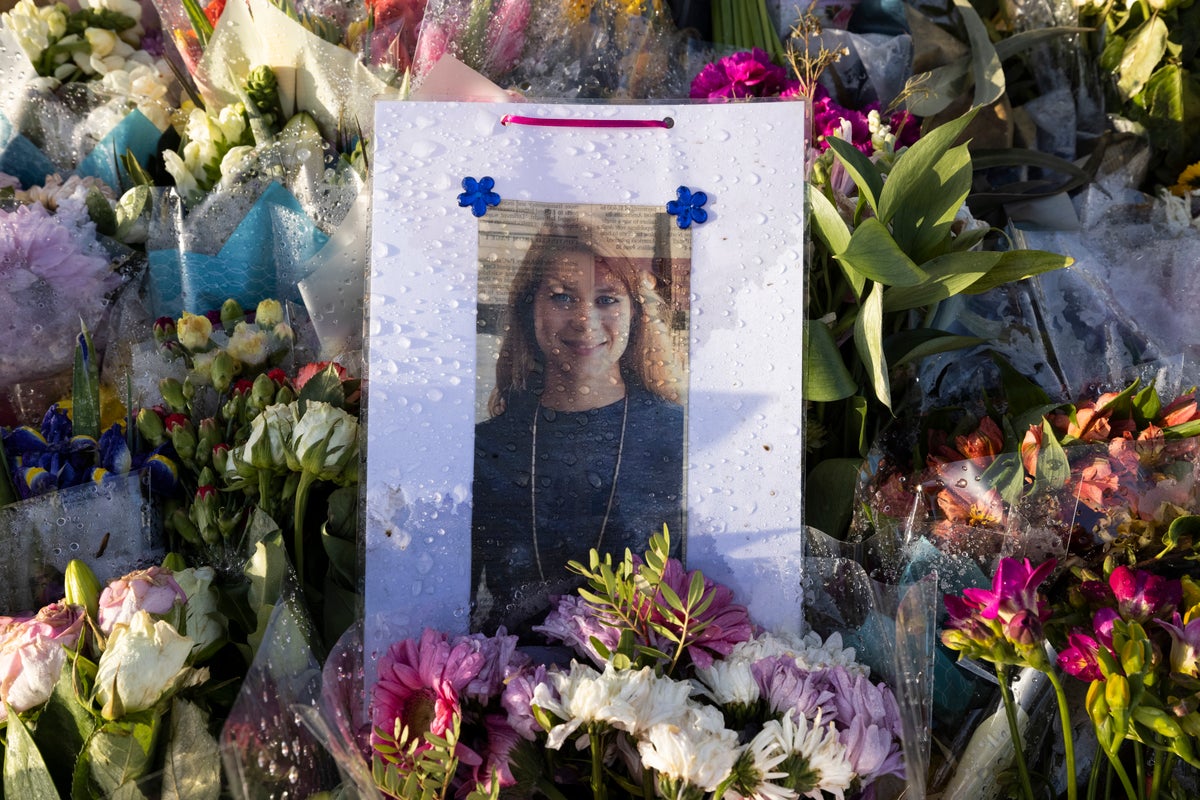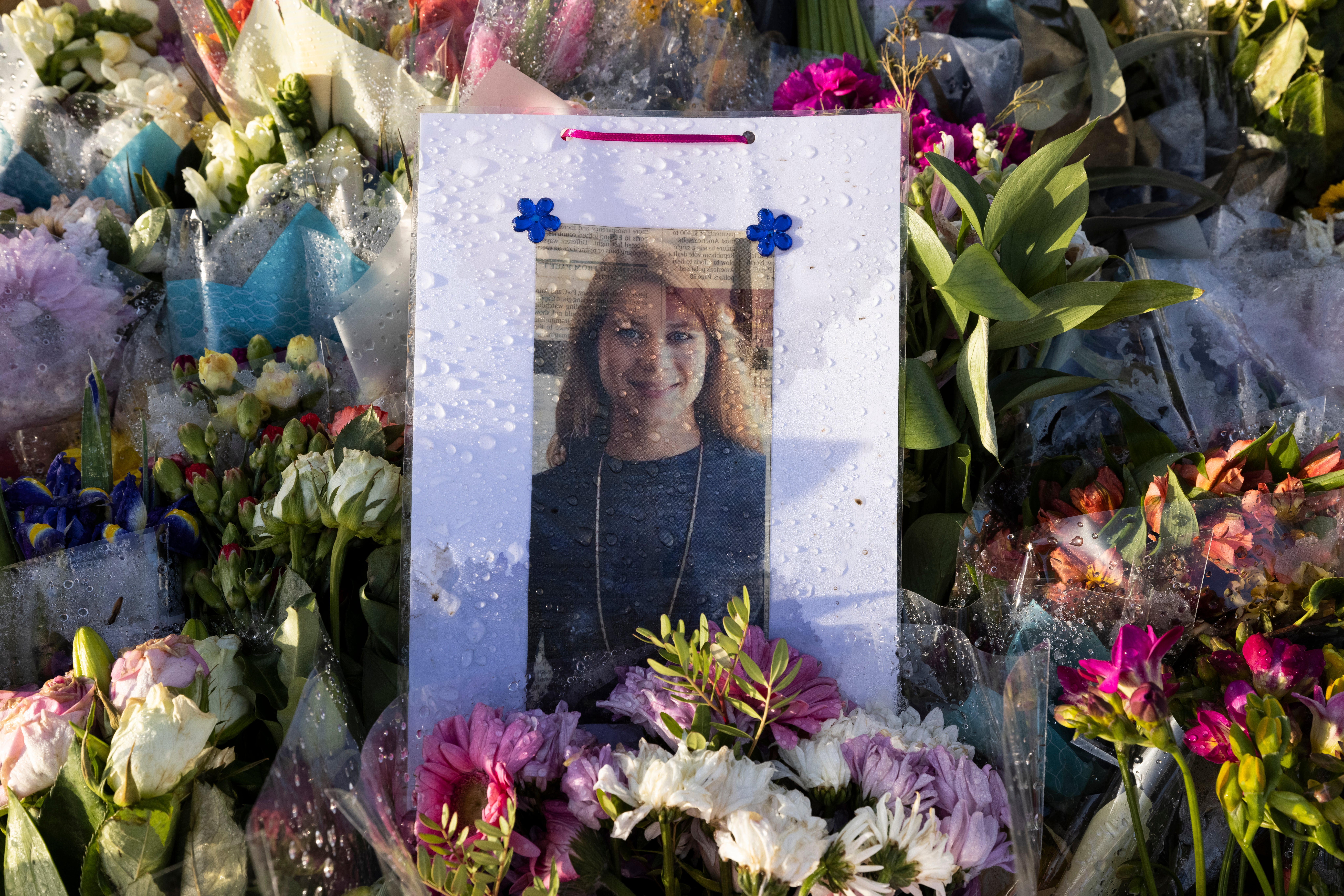
Police are reviewing the way officers treat indecent exposure, after the murder of Sarah Everard sparked concerns that it has not been dealt with seriously enough and could be an “indicator of future risk”.
The offence, commonly known as flashing, can be punished with up to six months’ imprisonment but only a tiny proportion of reported incidents are believed to result in arrest.
The College of Policing, which governs training and standards across forces in England and Wales, said it was examining evidence surrounding the harm caused by the crime and any links to future offending.
David Tucker, the body’s head of crime, said: “Sexual offences can cause serious distress for victims and can have a lasting impact on them.
“The College of Policing is re-examining the evidence surrounding future offending and harm in relation to indecent exposure and how it’s dealt with by policing to make sure the learning and guidance we have in place reflects the seriousness of the impact of the offence and any indicators of future risk.”
Wayne Couzens, the Metropolitan Police officer who raped and murdered Ms Everard in 2021, had been able to keep his job and continue offending despite being responsible for several previous indecent exposure incidents.
A female McDonald’s server he targeted days before the murder told the Old Bailey she was not contacted or asked for a statement after reporting the incident, adding: “If he had been held accountable when we had reported the crime, we could have saved Sarah.”
Sentencing Couzens in March, a judge said he “could easily have been traced” after drive-thru staff gave police his car registration and credit card details on 28 February 2021.
“Nothing was done at the time and Sarah Everard was taken three days later,” Mrs Justice May added.
“The fact that no police came to find him or his black car, to question him about these incidents, can only have served to confirm and strengthen in the defendant's mind a dangerous belief in his invincibility, in his power sexually to dominate and abuse women without being stopped.”

A female cyclist who was targeted by Couzens in another indecent exposure incident months before said that when she reported his crime to police, it was not “taken as seriously as I felt that it should have been”.
“The horror of what happened will remain with me for the rest of my life,” the woman added.
The police response to indecent exposure is currently governed by a policing “toolkit” on violence against women and girls.
It discusses “preventative strategies” including sexual harm prevention orders and other restrictions that can keep offenders away from particular locations or victims.
In the year to March 2022, an estimated one in 250 people were victims of indecent exposure, according to the Crime Survey of England and Wales.
Only 3.5 per cent of all sexual offences recorded by police in England and Wales in 2022 resulted in a charge.







